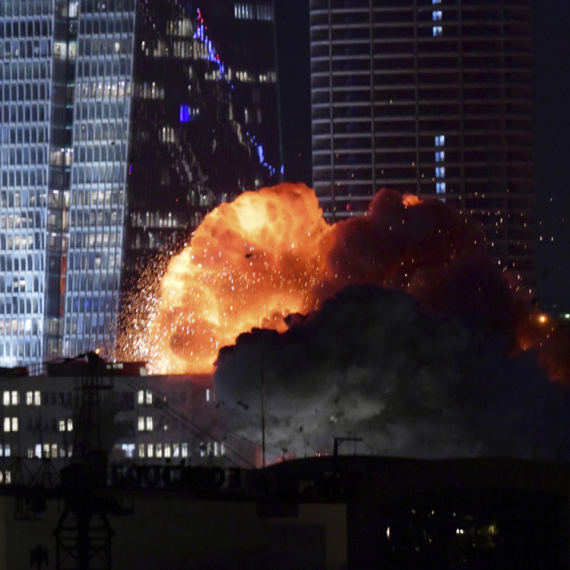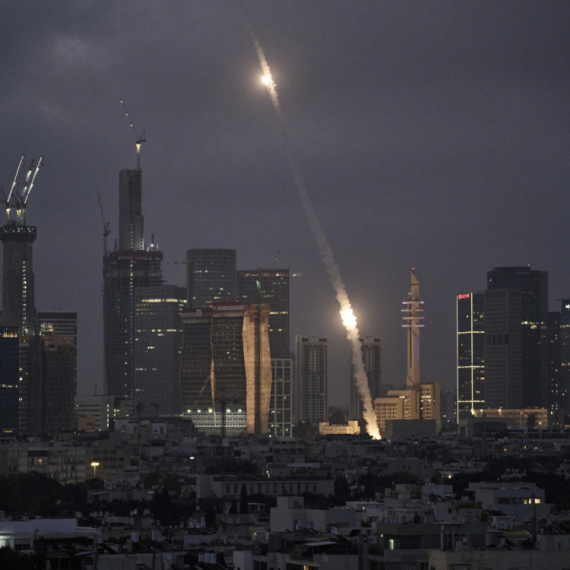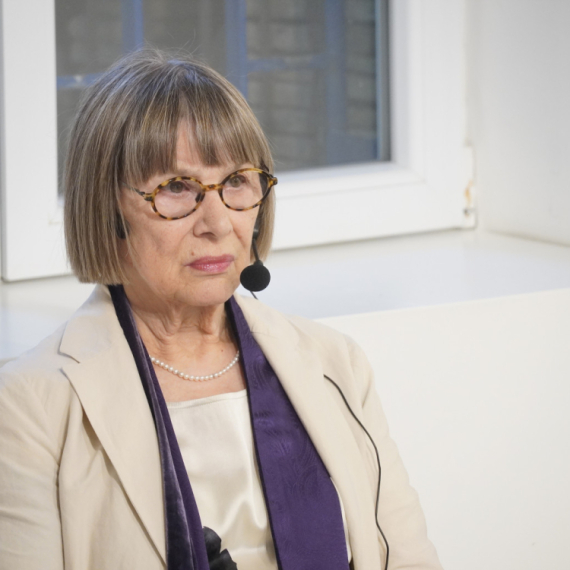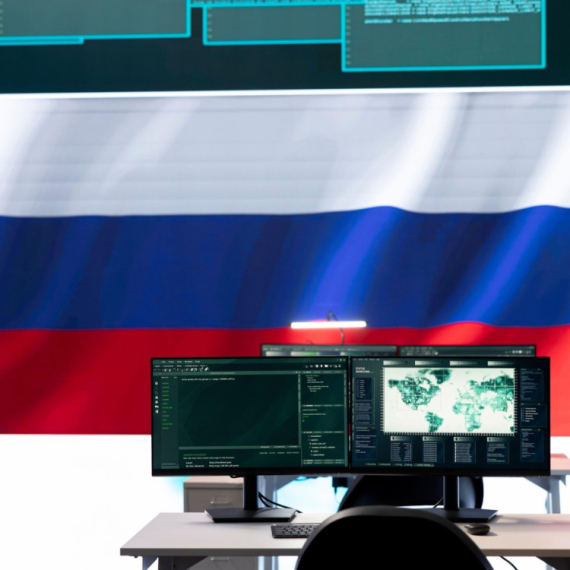Israeli airstrikes on Iranian nuclear and military targets have triggered intense rocket exchanges between Israel and Iran. Israel claims the operation aims to prevent Iran’s nuclear program, while Iran threatens to escalate attacks if Israel continues its aggression. The situation has raised concerns for regional and global security, with calls for de-escalation. US President Donald Trump rejected an Israeli plan to assassinate Iran’s supreme leader, while diplomatic efforts to reduce tensions are currently stalled. Israeli Prime Minister Netanyahu emphasizes continuing military actions until Israel’s security is ensured, while Iranian officials call for retaliation. The conflict has resulted in civilian casualties and heightened tensions in the region.
Political Perspectives:
Left: Left-leaning sources emphasize the humanitarian impact of the conflict, highlighting civilian casualties and the risks of escalation into a wider war. They often criticize military actions and call for diplomatic solutions and de-escalation. The narrative may include skepticism towards aggressive policies and stress the importance of international law and human rights.
Center: Centrist sources report the facts of the conflict with a focus on the security concerns of both Israel and Iran. They present statements from both sides, acknowledge the complexity of the situation, and emphasize the need for diplomatic efforts to prevent further escalation. The coverage tends to be balanced, highlighting the strategic motives and regional implications.
Right: Right-leaning sources tend to emphasize Israel’s right to defend itself against existential threats posed by Iran’s nuclear ambitions. They often highlight the effectiveness of Israeli military operations and support strong measures against Iran. The narrative may portray Iran as a destabilizing force and stress the importance of maintaining regional security and countering Iranian aggression.










































